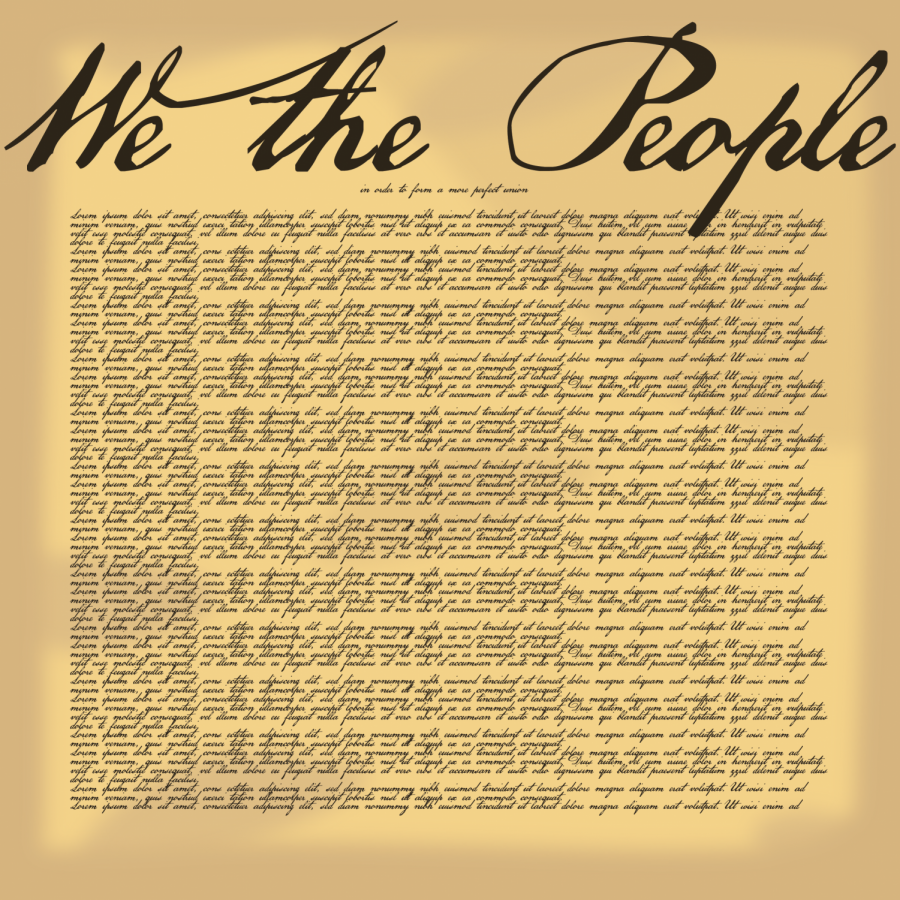First Amendment misused in debates over religion
Oct 27, 2018
Few battlegrounds in the culture wars inspire as much rancor as the right relationship between religion and the state. School prayer, religious symbols in public buildings and countless other issues excite fervent passion in their supporters and detractors.
Both sides frequently reach back into history to garner support for their positions. While campaigning in 2016, Hillary Clinton announced, “Well, look, I think we’ve gotta stick with our founding principles, separation between church and state.”
Those who favor excluding religion from the public square often contend that the founders intended a strict separation of church and state, and codified that intention in the First Amendment.
They’re wrong. If they want to make the argument that church and state should be separate, they should stop leaning on the Constitution.
A “wall of separation between church and state” is not a constitutional principle. The framers would surely be aghast at the legal disadvantages today placed on religion, almost all of which emerged by judicial fiat in the latter half of the 20th century, with little basis in American history or tradition. Although even the framers themselves disagreed as to what role religion might play in society and government, they were wise enough not to impose their views on posterity in the Constitution, but, like most things, left them up to democratic choice.
Get The Daily Illini in your inbox!
First, a quick look at what the Constitution does say about religion. There are only two places where the Constitution treats explicitly with religion. The first is the No Religious Test Clause in Article VI, which provides that, “no religious test shall ever be required as a qualification to any office or public trust under the United States.” The second is, of course, the First Amendment, which reads, “Congress shall make no law concerning an establishment of religion, or prohibiting the free exercise thereof…”
The key to these provisions is that they place limits on the federal government, and not the states. The 13 colonies were religiously heterogeneous, and the Establishment Clause prevented a majority from imposing their religious views on the whole country, even if they attained the political power to do so; this is why it specifies only that Congress shall not pass such a law. Within states, however, religious establishment was the norm — at ratification, seven of the 13 states had an established church. Massachusetts had an establishment that compelled both tithes and attendance at Sunday services until 1833.
The Test Clause was likewise a safeguard against majoritarian attempts to impose one religion on different parts of the country. Within the states, it is much the same story as with establishment — nine of the 13 states had religious tests, requiring one to affirm either a generic statement of Christian belief, or in some cases, to swear to being a member of a Protestant sect.
This is not to say that these were wise policies. All these states eventually did away with their religious tests, and it is well they did so. But they were not required to do so by the Constitution, which gave wide latitude to the states to decide religious matters for themselves.
Indeed, it was not religion as such that the framers viewed with skepticism, but the imposition of a coercive national religion that would harm religious liberty and freedom of conscience. Thomas Jefferson himself, the advocate of the notion of a “wall of separation between church and state,” attended Sunday services in the House of Representatives, a tradition that lasted until the Civil War.
How, then, did the notion of a “wall of separation” ever come to hold such sway? As with many social changes, the Supreme Court led the charge. In 1947, the Establishment Clause, despite explicitly mentioning only Congress, began to apply to the states, and many absurd results ensued. The Court delved so far down the rabbit hole that it once disallowed the creation of a school district in New York for a tiny Hasidic Jewish minority; the justification was that it constituted an establishment of religion.
As Justice Antonin Scalia derisively wrote in his dissent in the case: “The Founding Fathers would be astonished to find that the Establishment Clause … has been employed to prohibit characteristically and admirably American accommodation of the religious practices … of a tiny minority sect.”
The Court’s antics distort the constitutional principles historically guiding the relationship between church and state. Partisans can reasonably disagree about religion’s proper role in the public square and enact those preferences into law. But those who favor banishing it should stop reading their policy preferences into the Constitution — it doesn’t mean what they want it to.
Cole is a junior in LAS.






